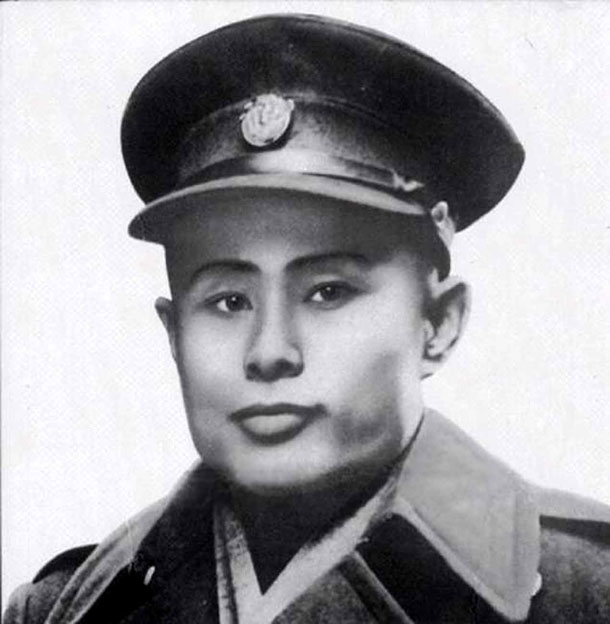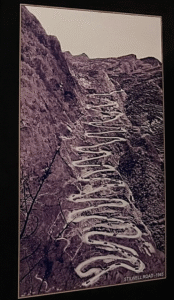By the MMNN Geopolitical & Transitional Affairs Unit (GTAU)
Issued by the Geopolitical & Transitional Affairs Unit (GTAU) under MMNN’s independent editorial platform. Analysts include former diplomats, resistance liaisons, and international legal scholars.
As the Spring Revolution in Myanmar grinds into its fourth painful year, hope seems dim. The junta remains entrenched, supplied by China and Russia, and unchallenged in the skies. International headlines have long moved on, ASEAN is fragmented, and the Rohingyas remain stateless. Even among the resistance, division and lack of coordination have made unity elusive. Yet, Myanmar still matters—not just to its own people, but to the future of democracy in Asia and the balance of power in the Indo-Pacific.
Here is our open appeal to the democratic world—especially to the United States, the European Union, and ASEAN nations that have not forgotten their moral and strategic responsibilities.
Myanmar is the Missing Link in the Indo-Pacific Chain
Myanmar’s geography is not only beautiful—it is strategic. Nestled between India, China, and Thailand, it offers direct access to the Bay of Bengal and controls a corridor that connects the South China Sea to the Indian Ocean. China understands this well; that is why it has invested in pipelines and ports like Kyaukpyu. But imagine a democratic Myanmar—a partner to ASEAN and the West, not a puppet of authoritarian powers—contributing to regional security, trade, and freedom of navigation.
A stable, democratic Myanmar weakens China’s land access to the Indian Ocean.
Help Us Ground the Junta’s Bombs
No revolution can win while being bombed from the sky. Myanmar’s resistance fighters—the People’s Defense Forces (PDFs), the ethnic armed groups (EAOs), and the youth who gave up everything—fight bravely with homemade weapons. Yet, no country has helped neutralize the regime’s airpower. Not even non-lethal tools like radar jammers, drones, or air-raid sirens have been widely shared.
This is a humanitarian tragedy—and a strategic oversight. Helping Myanmar defend its skies won’t require boots on the ground, only the political will to support legitimate self-defense.
Democracy is Not a Dirty Word—It’s the Foundation of Peace
Some diplomats now dismiss democracy promotion as “idealistic” or “impractical.” But look at Myanmar: the military coup destroyed peace, shattered regional trade, sparked mass displacement, and emboldened criminals and warlords. Restoring democratic rule, with inclusive federalism for all ethnic groups—including the Rohingya—is not idealism. It is the only route to sustainable peace and regional security.
Support the Rohingya and Ethnic Minorities—Now, Not Later
The future of Myanmar must include equal rights for the Rohingya and all minorities. We cannot wait until after the revolution. The opposition must commit now, and the international community must insist on it. This includes citizenship restoration, safety in Rakhine, and protection from both junta and AA atrocities.
Any aid or recognition must be tied to clear guarantees of non-discrimination in post-junta Myanmar. The revolution cannot be won by repeating old injustices.
Don’t Wait for a Perfect Government—Support a Struggling People
The NUG is not perfect. Nor are all PDFs or EAOs. But the people of Myanmar have overwhelmingly rejected dictatorship, at enormous cost. We do not ask the world to support a flawless leadership—we ask it to support a just cause.
Governments can:
- Resume humanitarian aid and border health programs;
- Accept more Myanmar refugees and students;
- Pressure regional allies to allow cross-border support;
- Recognize the NUG conditionally and progressively, encouraging unity and reform.
Silence Helps the Killers, Not the Victims
International silence emboldens the junta. Every time a UN resolution is watered down, or a Western embassy issues only “deep concern,” it tells the generals: you can bomb your people, and the world will look away. Silence has never saved a single life. But pressure, support, and solidarity might.
Conclusion: This Is Not the End—It’s Our Test
Myanmar today is not a lost cause. It is a test—of whether democracies truly believe in their own values when there’s no easy profit. It is a test of ASEAN’s conscience, of the West’s resolve, and of our shared humanity.
We who have lost homes, friends, and family have only our voice left. We use it now to say:
Myanmar still matters. Don’t give up on us.
Editor’s Note: This article reflects the strategic assessment of GTAU observers aligned with MMNN’s commitment to democracy, transitional justice, and inclusive federalism in Myanmar.






